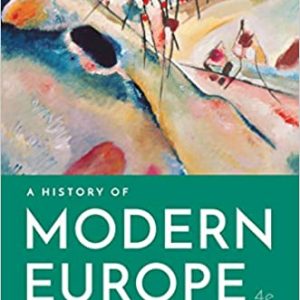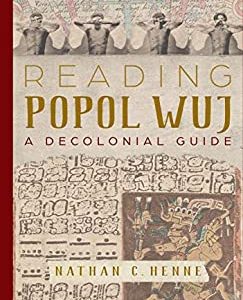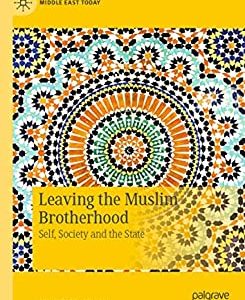This book presents a unique approach to person-centered anthropology, providing a new form of practice theory that incorporates and explains sources of cultural change. Built around the learning and use of autobiographical narrative forms, it draws from, and expands on, phenomenological, psychological, and moral anthropological traditions.
The author draws on extensive original fieldwork in Thailand to explore questions including: how Buddhism has dealt with the appearance of global capitalism; and why some Thais continue to pursue nirvana-oriented Buddhist practices when karma-oriented reward-systems seem to be more satisfying as a whole. Where previous person-centered ethnographies have explored the ways in which social forces cause individuals to conform to cultural norms, this work advances the analysis by focusing on how ideas are transmitted from individuals to into wider society. This book will provide fresh insights of particular interest to psychological, phenomenological and narrative anthropologists; as well as to researchers working in the fields of religious and Asian studies.











